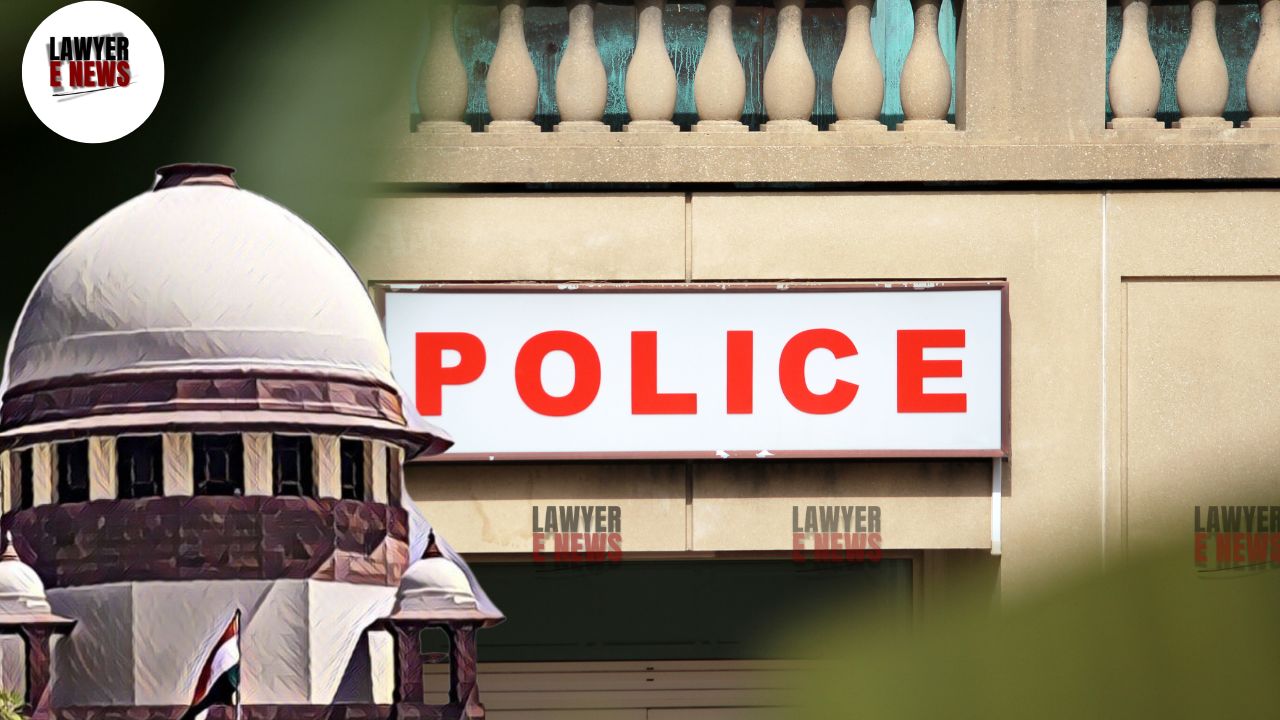-
by Admin
15 February 2026 5:35 AM



On November 4, 2024, the Supreme Court modified a key bail condition imposed on Kerala journalist Siddique Kappan, who had been connected to the alleged Hathras conspiracy case. A bench comprising Justices P.S. Narasimha and Sandeep Mehta allowed Kappan’s application, relieving him of the requirement to report to a police station in Uttar Pradesh every Monday.
"Order dated 9th September 2022 is modified and it shall not be necessary for the petitioner to report to the local police station. The other prayers made in the present application can be independently agitated," recorded the Supreme Court in its ruling.
Kappan, who had been incarcerated for nearly two years before being granted bail in September 2022, faced stringent conditions as part of his release. These included mandatory weekly check-ins at a local police station every Monday for the first six weeks, after which he was permitted to return to Kerala but required to continue the practice there. Other conditions mandated Kappan to surrender his passport and restricted him from leaving Delhi without the trial court's permission.
Kappan was initially detained by Uttar Pradesh police in October 2020 while en route to report on the Hathras rape-murder case. Arrested under the apprehension of a breach of peace, he was later charged under the Unlawful Activities (Prevention) Act (UAPA). Authorities accused him and his co-passengers of intending to incite communal unrest and disrupt social order following the incident.
The Supreme Court's decision to modify the bail conditions marks a significant shift in Kappan’s case, easing the stringent requirements imposed during his release.
Siddique Kappan v. State of Uttar Pradesh
